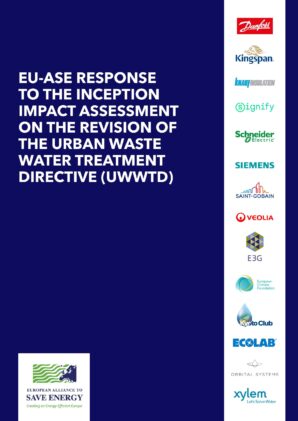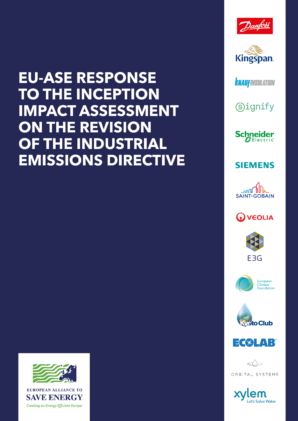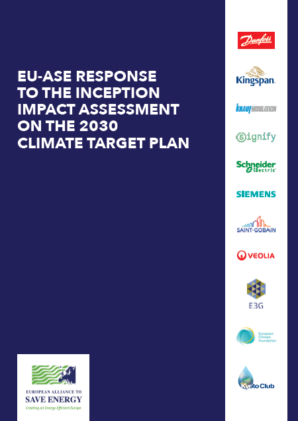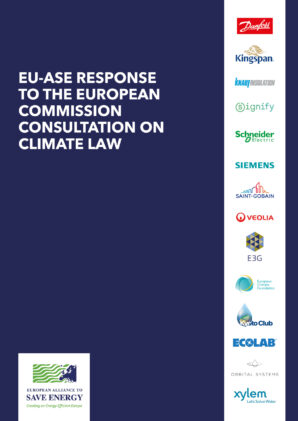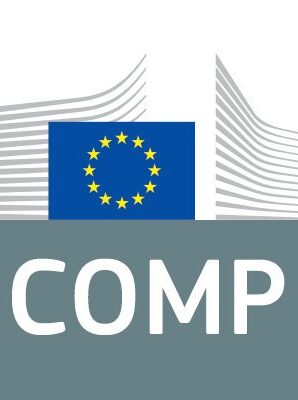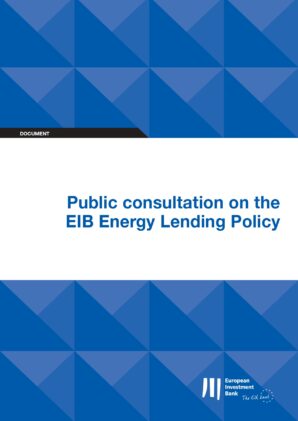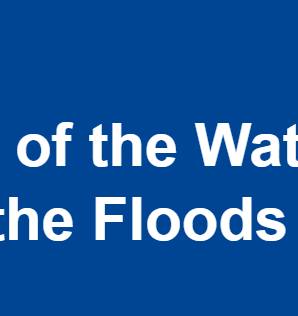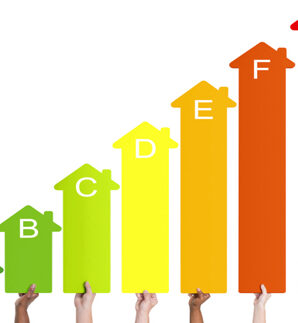Consultations
EU-ASE response to the Inception Impact Assessment on the Revision of the UWWTD
The European Alliance to Save Energy (EU-ASE) welcomes the opportunity to provide feedback to the European Commission’s publication of an inception impact assessment on the revision of the Urban Waste Water Treatment Directive (UWWTD). While the Directive has played a substantial role in improving the quality of European water resources and...
read moreEU-ASE response to the Inception Impact Assessment on the Industrial Emissions Directive
European Alliance to Save Energy (EU-ASE) welcomes the opportunity to provide feedback to the European Commission’s publication of an inception impact assessment on the revision of the Industrial Emissions Directive (IED). While we believe the Directive has been responsible for solid progress against identified air and water pollutants, and the...
read moreEU-ASE response to the Inception Impact Assessment on the 2030 Climate Target Plan
As European businesses and investors having energy efficiency and energy demand reduction at the heart of our activities, we strongly support President Ursula von der Leyen’s commitment to set the EU on a path to becoming the world’s first climate neutral continent by 2050 at the latest. In view of this goal, we believe that the 2030 greenhouse...
read moreEU-ASE response to European Commission consultation on climate law
According to the Commission LTS, the EU must halve its energy consumption by 2050. Energy efficiency therefore must play a central role in achieving net-zero GHG emissions by 2050. Considering that the world economy will triple by 2050 and that global population will increase by nearly 2.3 billion by 2050, energy efficiency is the most...
read moreEU-ASE Response to European Commission’s Targeted Consultation on EEAG
We would like to respond to the Roadmap that was released by DG Competition, namely on: 1) Targeted Consultation for the Evaluation of the Guidelines on State aid for Environmental protection and Energy 2014-2020 (EEAG)*Please describe the relevance of State aid rules for you.We believe that well-designed State aid schemes and measures can help...
read moreEU-ASE Response to EIB Public Consultation on Energy Lending Policy
The European Investment Bank (EIB) ran an open consultation about its Energy Lending Policy. In what regards energy efficiency, the consultation proposed three different questions that you can see here. The EIB, as the European Union (EU) Bank, plays a significant role in financing energy infrastructure. The Bank’s current approach towards...
read morePosition on Fitness Check on the Water Framework Directive
EU-ASE is grateful for the opportunity to submit a response to this public consultation and welcomes the European Commission’s initiative to undertake a Fitness Check on the Water Framework Directive and the Floods Directive. EU-ASE believes that these REFIT Evaluation provide a timely opportunity to understand how these well-established...
read moreEU-ASE response to the public consultation on the “Revision of Directive 2012/27 EU on Energy Efficiency”
Article 1 provides the general framework for the promotion of energy efficiency within the Union in order to ensure the achievement of the EU 20% energy efficiency headline target by 2020. In addition and more specifically, Article 3 requires that each Member State sets an indicative national energy efficiency target based on either primary or...
read moreEU-ASE contribution to the public consultation on “A 2030 framework for climate and energy policies”
The 2020 framework was designed without a comprehensive assessment of the synergies and potential trade-offs between the three targets (as recognized by the Green Paper – page 7, 5th paragraph) and had only two binding targets: one for raising the share of energy consumption produced from renewables (RES) in the European Union (EU) and one for EU...
read more
